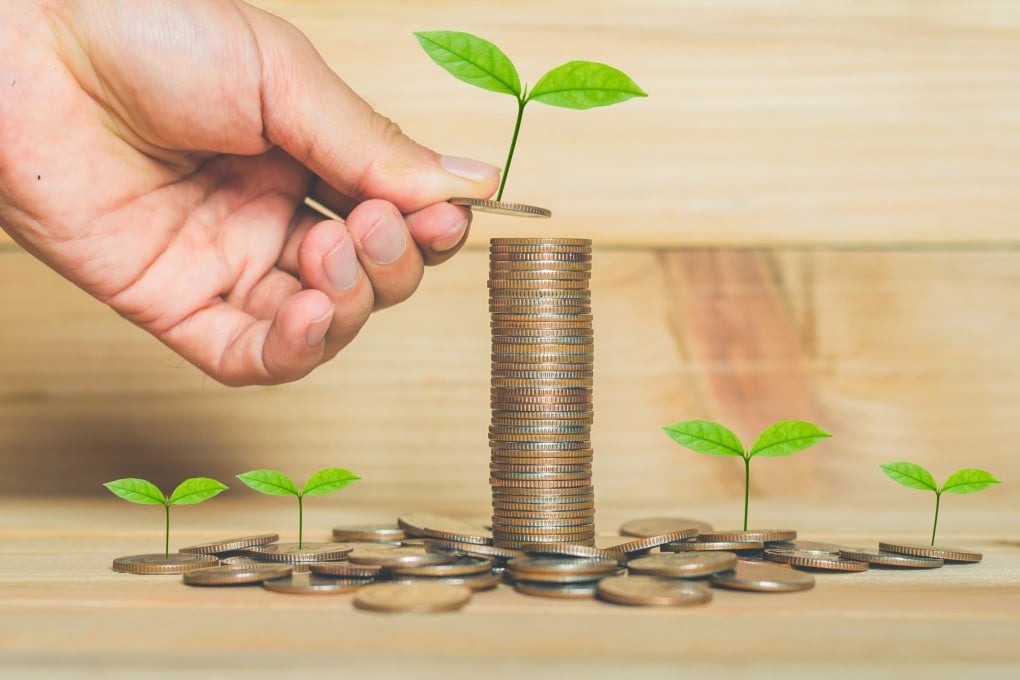Green finance: Hong Kong close to setting up voluntary carbon trading platform to tackle climate change, says bourse CEO
- Having partnered with potential buyers and sellers to better understand their needs, HKEX is building the infrastructure for ‘a first class platform’
- In July, HKEX launched the Hong Kong International Carbon Market Council to foster collaborations for developing an international carbon market

“We are getting very close,” he told the Hong Kong Green Finance Association’s annual forum on Thursday. “We are making a lot of progress, and in the not-so-distant future I would expect to start to see carbon [credits] being traded in our market, and that will be a great contributor to … the sustainability agenda in the region.”
Inaugural members include the Hong Kong units of Australia and New Zealand Banking Group, Bank of China, BNP Paribas, HSBC, Industrial and Commercial Bank of China and Standard Chartered Bank.
Corporate members include greenhouse gas emitters and potential credit buyers Cathay Pacific Airways and Tencent Holdings, besides green project developers and potential credit sellers China Energy Conservation and Environmental Protection Group, China Forestry Group and State Power Investment Corporation.